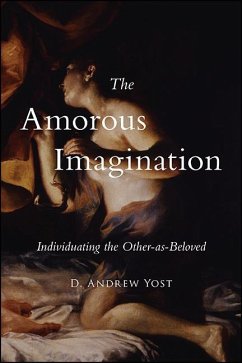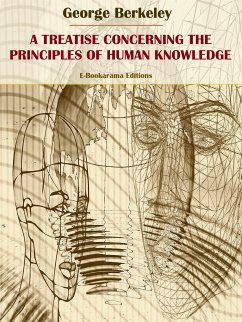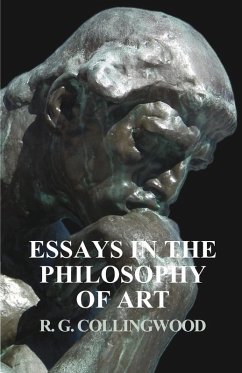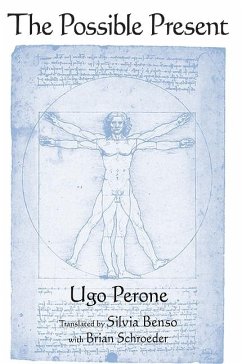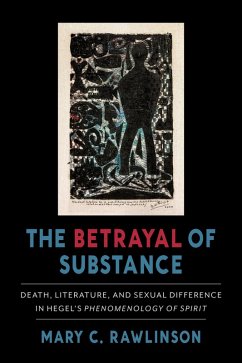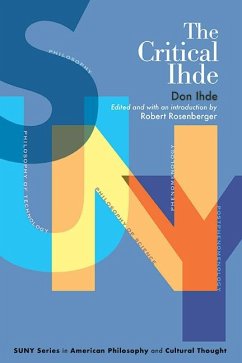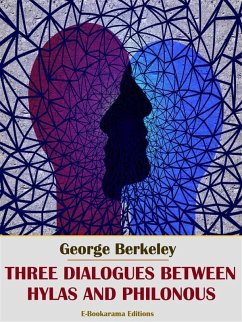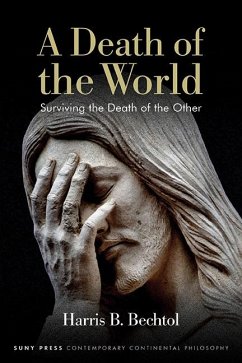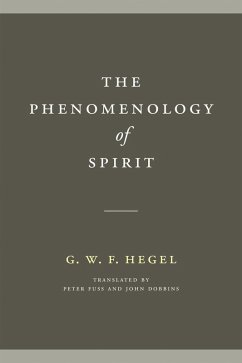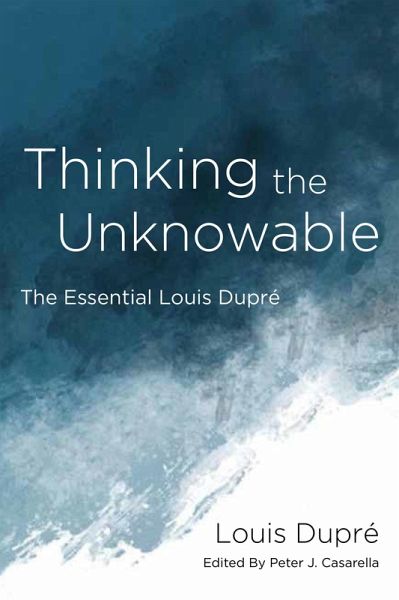
Thinking the Unknowable (eBook, ePUB)
The Essential Louis Dupré
Redaktion: Casarella, Peter J.

PAYBACK Punkte
19 °P sammeln!
Written throughout Louis Dupré's life, Thinking the Unknowable explores the relationship between faith and metaphysics, charting the course for an innovative Christian philosophy of religion.Louis Dupré's Thinking the Unknowable offers a sophisticated response to the subjectivist ills of modern philosophy. Drawing on a diverse host of philosophers, theologians, and phenomenologists, Dupré seeks to open up a space for faith in contemporary philosophy of religion by arguing that metaphysics cannot claim authority in the realm of the transcendent. Instead, Dupré shows that philosophers must l...
Written throughout Louis Dupré's life, Thinking the Unknowable explores the relationship between faith and metaphysics, charting the course for an innovative Christian philosophy of religion.
Louis Dupré's Thinking the Unknowable offers a sophisticated response to the subjectivist ills of modern philosophy. Drawing on a diverse host of philosophers, theologians, and phenomenologists, Dupré seeks to open up a space for faith in contemporary philosophy of religion by arguing that metaphysics cannot claim authority in the realm of the transcendent. Instead, Dupré shows that philosophers must learn to accommodate mystery in their metaphysical frameworks.
Edited and introduced by Peter J. Casarella, prominent theologian and student of Dupré, the book unfolds in four parts. Dupré establishes the foundations for a new theology of language, drawing inspiration from two sources: humanist theological hermeneutics and deist biblical spirituality. The second part addresses the idea of God in modern philosophy, taking Hegel's philosophy of religion as its starting point. The third deals with the phenomenology of religion, focusing primarily on the work of Edmund Husserl and Martin Heidegger. In the fourth part, Dupré turns to the concept of mysticism, offering a sophisticated reflection on the possibility of acknowledging a transcendent horizon to human knowing in a secular age. Readers of this volume will be guided across the bridge from philosophy to faith and back again, discovering new worlds of meaning and expressions of truth.
Louis Dupré's Thinking the Unknowable offers a sophisticated response to the subjectivist ills of modern philosophy. Drawing on a diverse host of philosophers, theologians, and phenomenologists, Dupré seeks to open up a space for faith in contemporary philosophy of religion by arguing that metaphysics cannot claim authority in the realm of the transcendent. Instead, Dupré shows that philosophers must learn to accommodate mystery in their metaphysical frameworks.
Edited and introduced by Peter J. Casarella, prominent theologian and student of Dupré, the book unfolds in four parts. Dupré establishes the foundations for a new theology of language, drawing inspiration from two sources: humanist theological hermeneutics and deist biblical spirituality. The second part addresses the idea of God in modern philosophy, taking Hegel's philosophy of religion as its starting point. The third deals with the phenomenology of religion, focusing primarily on the work of Edmund Husserl and Martin Heidegger. In the fourth part, Dupré turns to the concept of mysticism, offering a sophisticated reflection on the possibility of acknowledging a transcendent horizon to human knowing in a secular age. Readers of this volume will be guided across the bridge from philosophy to faith and back again, discovering new worlds of meaning and expressions of truth.
Dieser Download kann aus rechtlichen Gründen nur mit Rechnungsadresse in A, D ausgeliefert werden.




